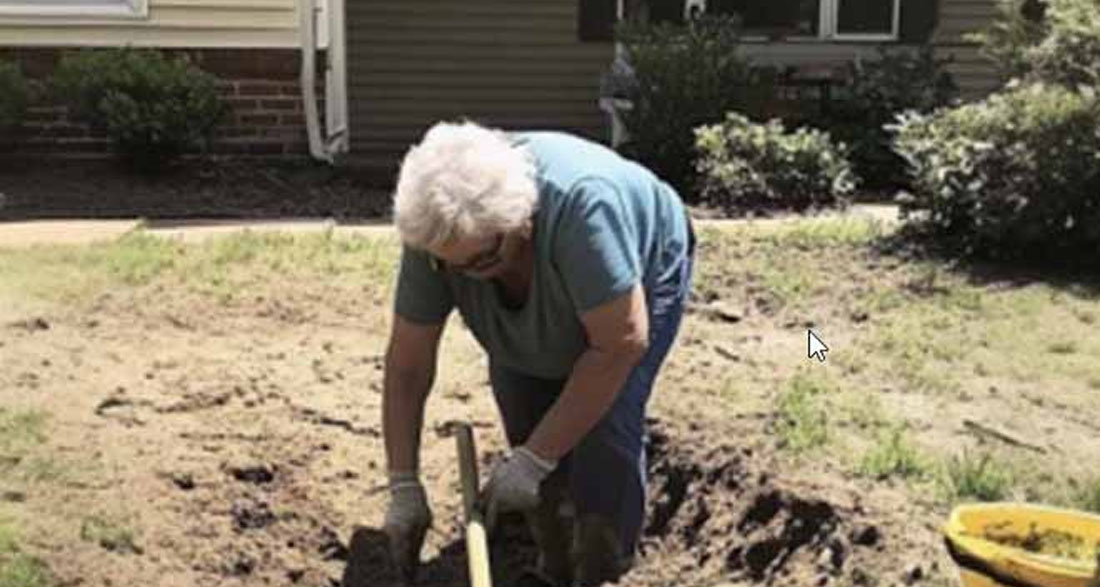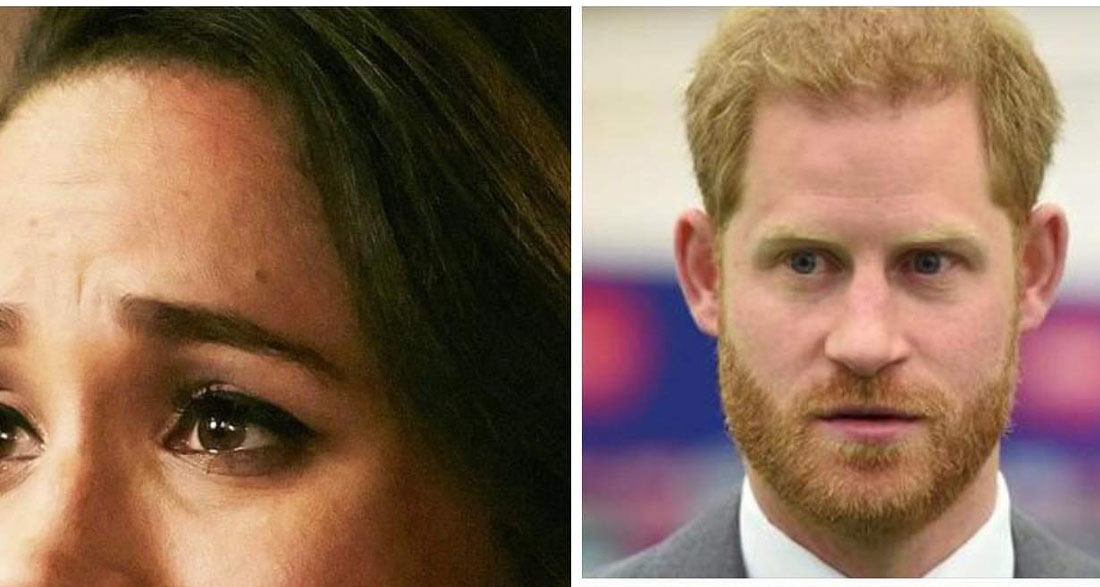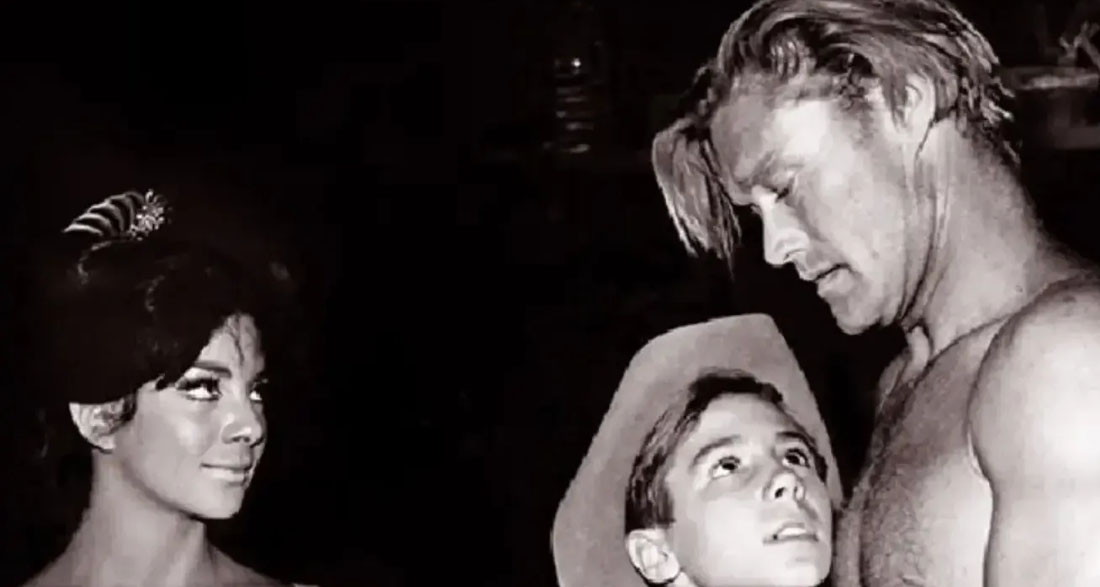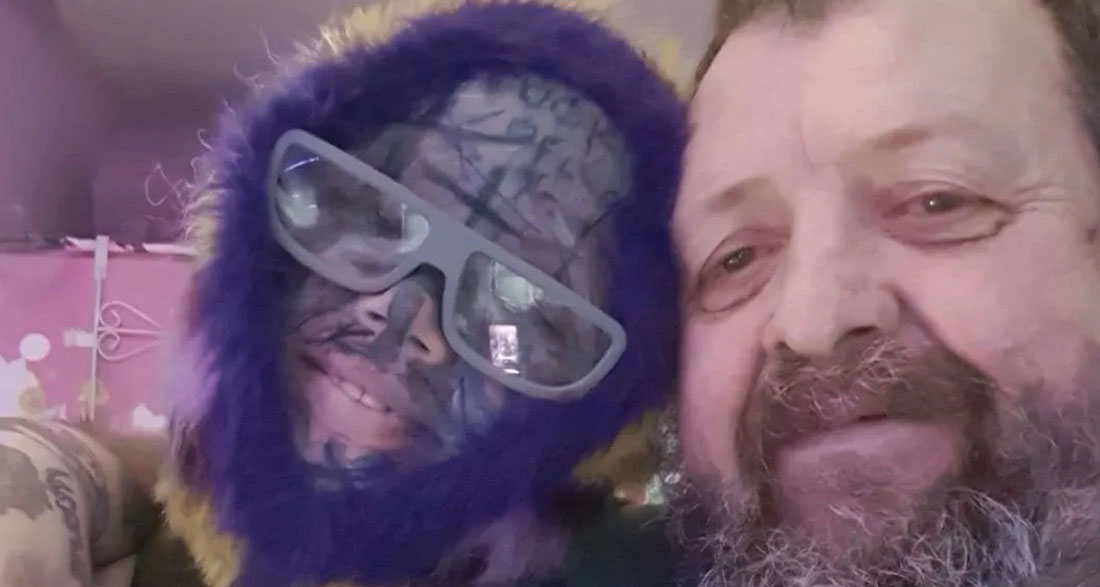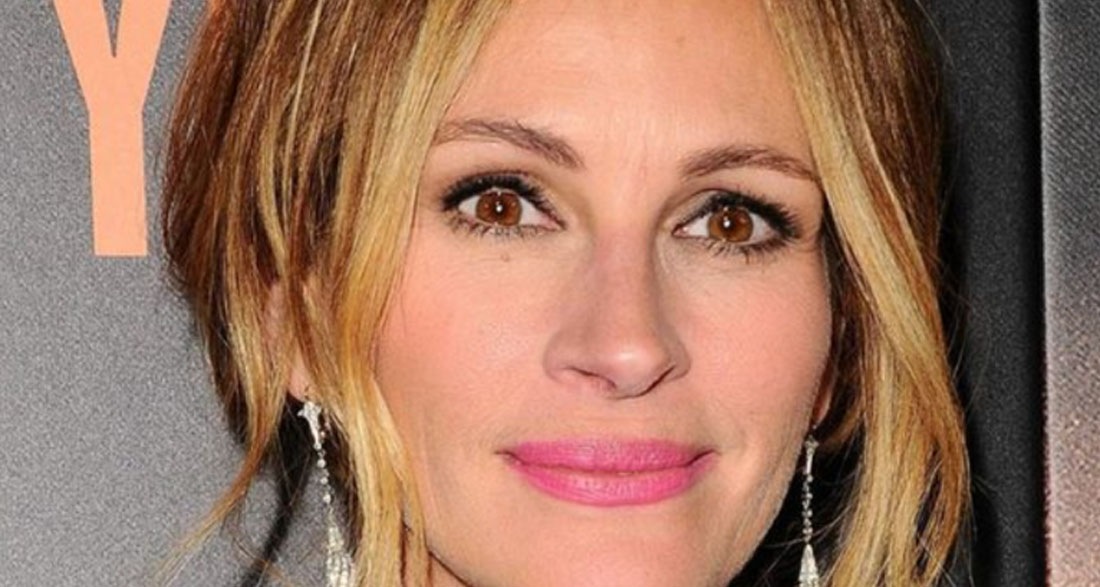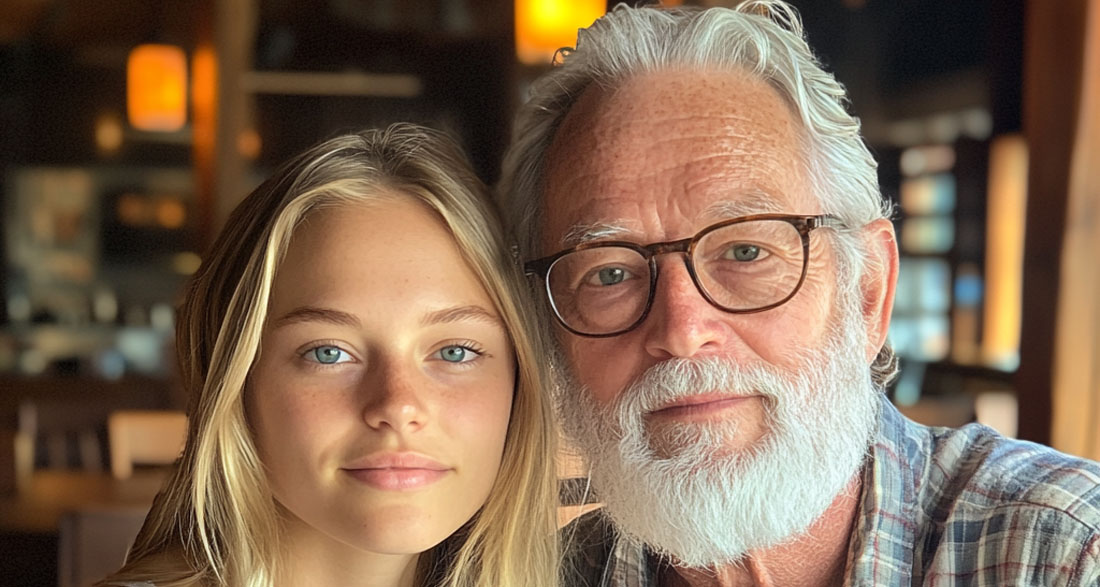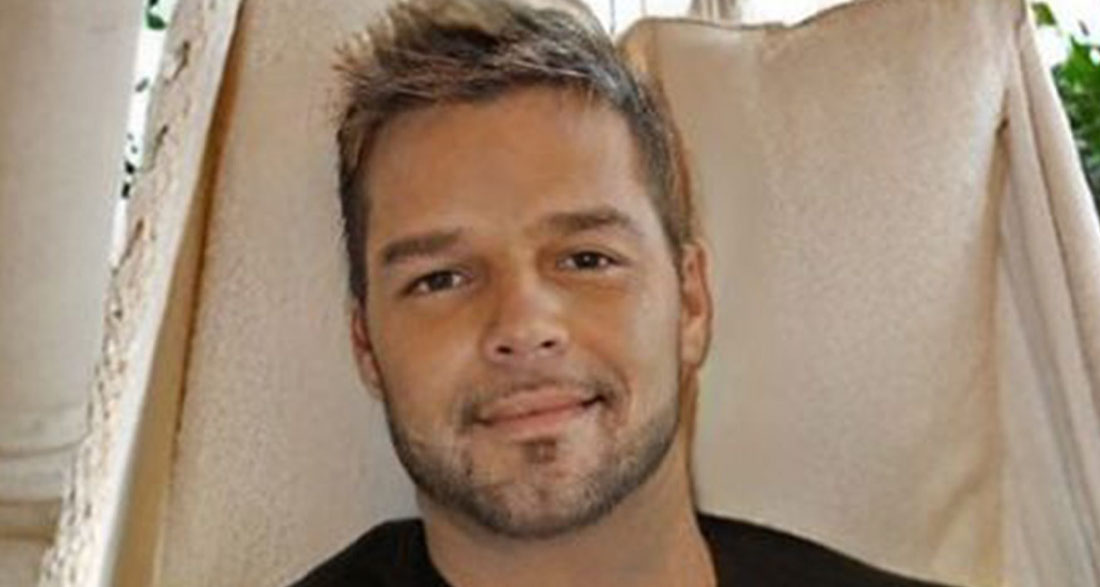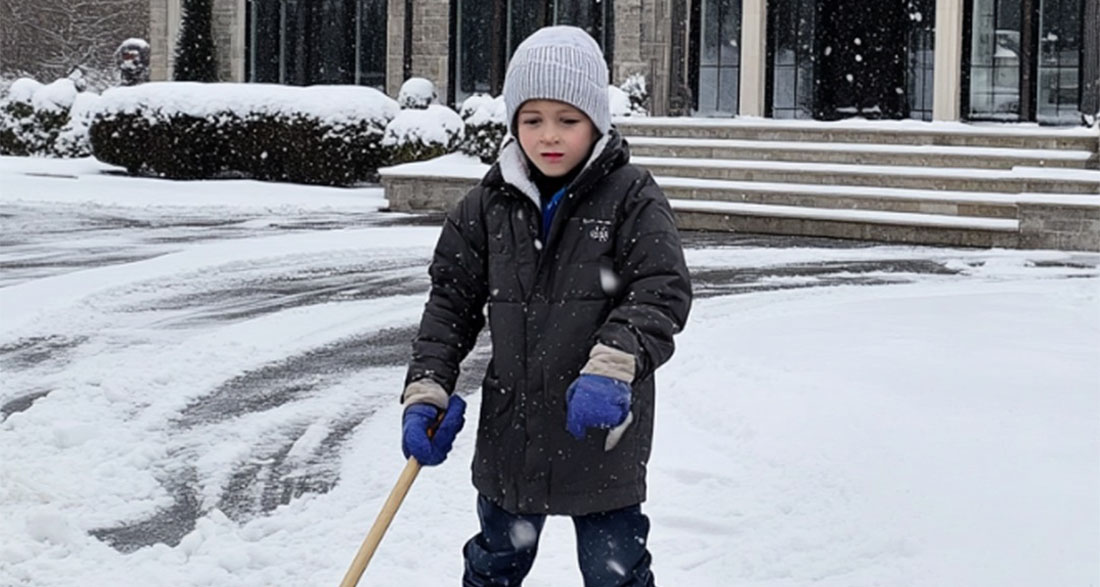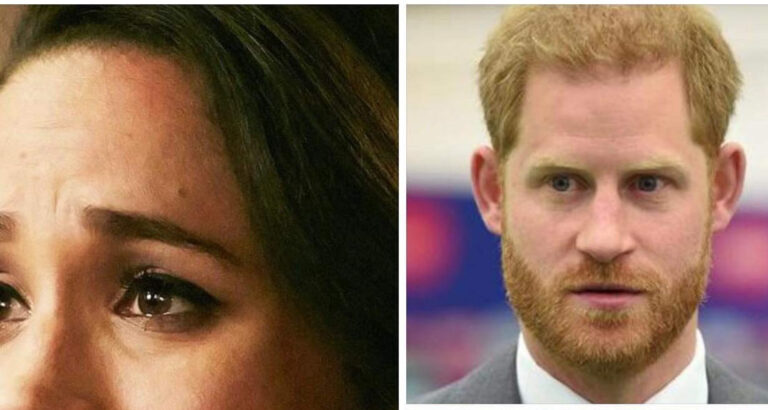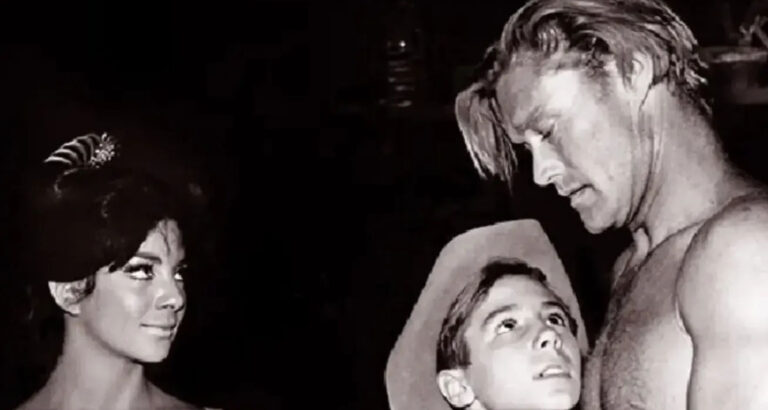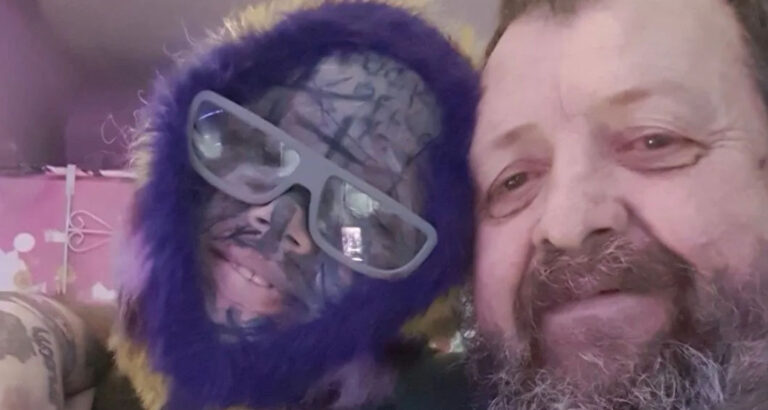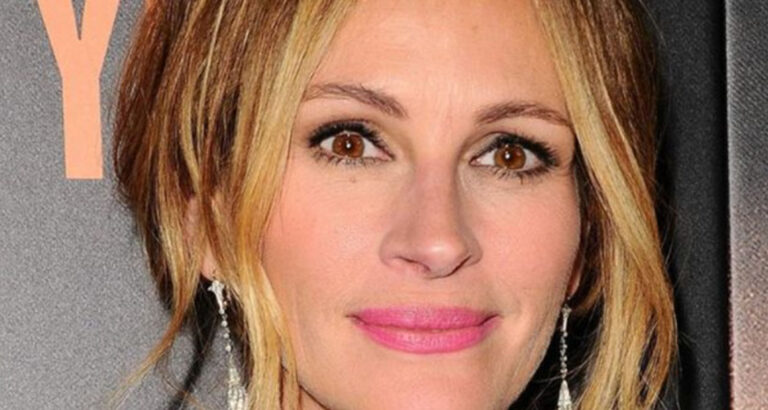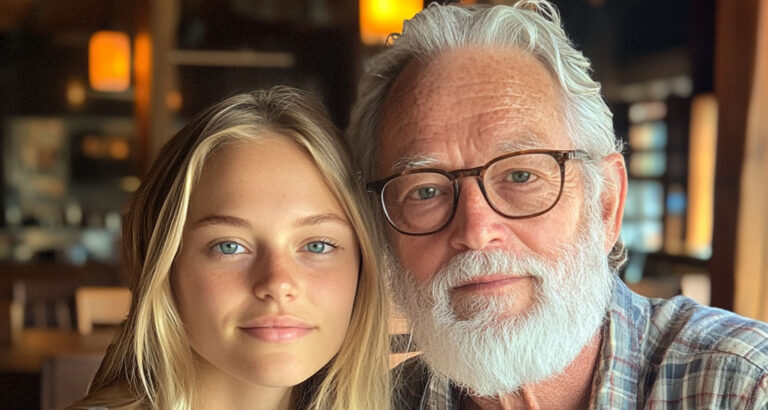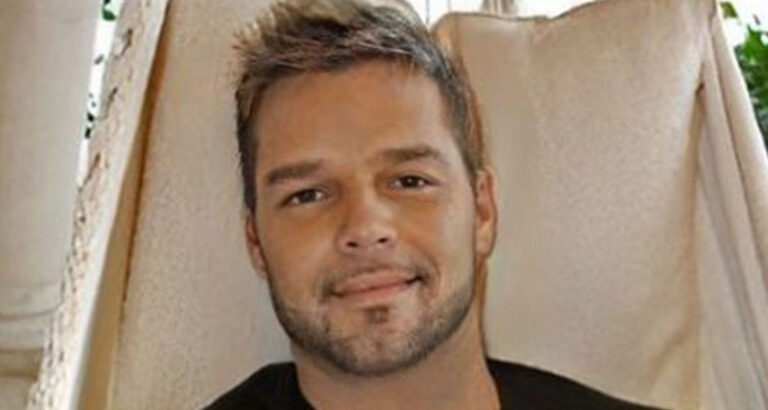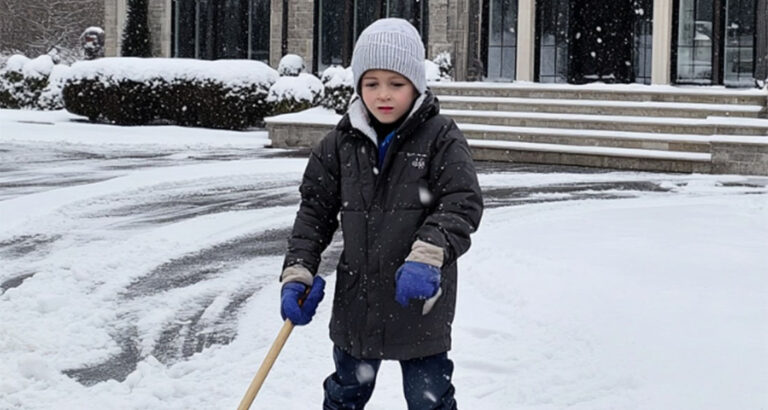It was a quiet afternoon when something happened that would change my life forever.
I had just finished folding laundry by the window, enjoying the warm sunlight streaming through the glass, when I noticed my neighbor, Mrs. Cartwright, in her yard. She was usually a picture of calm, always wearing a neat cardigan and a smile.
At 67, she still had a certain energy about her, despite her fragile health. But today was different. Today, she was digging, and digging hard.
Her tiny frame was hunched over as she jabbed a spade into the earth, sweat staining her blouse. Something about the way she was working didn’t seem right. I watched her for a moment, feeling a sense of unease.
“Mrs. Cartwright! Are you okay?” I called from the window, worried.
She didn’t respond. She didn’t even look up.
“Do you need help?” I asked again, louder this time.
Still, no answer. My worry deepened. Maybe she was fine, but I wasn’t sure. I started to close the window when, suddenly, she stopped. She dropped the spade, threw her hands up in the air, and shouted, “Finally!”
Then, as if something had cut the strings of her energy, she crumpled to the ground.
“Mrs. Cartwright!” My heart leaped as I ran outside, rushing to her side.
She lay there, one hand resting on the edge of the hole. I shook her gently, calling her name.
She didn’t move.
I checked her pulse—it was faint but there. I breathed a small sigh of relief. Then I leaned in to listen for her breath. It was slow, shallow, but steady. I whispered, “Okay, hang on.”
As I adjusted her head to help her breathe better, something caught my eye. In the hole where she had been digging, something wooden was peeking through the dirt. A box?
I hesitated for just a moment. Her well-being was the most important thing, but that box—there was something about it that called to me.
I whispered to her, “What were you looking for?”
I glanced between her and the box. My curiosity got the better of me, and I reached into the dirt. The box came free with surprising ease.
The wood was weathered but solid. I couldn’t resist—carefully, I lifted the lid, and inside were bundles of letters tied with twine, yellowed photographs, and a sealed envelope.
“What…?” I gasped, picking up one of the photos. It was a picture of a young Mrs. Cartwright, smiling beside a man in military uniform. Her husband? I stared at the image, feeling a chill run down my spine. The letters were so old, yet they were in remarkable condition. What was all of this about?
Before I could process it further, a soft groan broke the silence.
“Mrs. Cartwright?” I asked, setting the photograph down in surprise.
Her eyelids fluttered open. “Mm… where…?” she whispered.
“You collapsed,” I said gently, leaning closer. “Just stay still. I’ll call for help.”
“No!” Her hand shot up, gripping my arm with surprising strength. “The box. Is it—”
She coughed, struggling to sit up. I quickly pointed to the box.
“It’s here,” I said, trying to calm her down. “But you need to rest. Please.”
Her eyes widened, desperate, and she reached out for the box. “Let me see,” she insisted.
Reluctantly, I handed it to her. She cradled the box like it was the most precious thing in the world, her frail fingers brushing over the wood, tears beginning to slide down her wrinkled cheeks.
“Sixty years,” she whispered.
“Sixty years?” I asked, my voice filled with confusion.
“My husband,” she said, her voice trembling. “He buried this before he went to war. He said it was a way to keep his dreams safe. He told me to find it… if he didn’t come back.”
I was stunned into silence. This was her husband’s last message, hidden away for decades.
“He didn’t come back,” she continued, her voice cracking. “And I looked, oh, how I looked. But I couldn’t find it. I thought it was lost forever.”
She paused, her eyes distant. “But then I started dreaming about him again. He told me—’Under the tree, my dove.’ That’s what he called me.” She laughed softly, even as more tears flowed. “I didn’t believe it at first. Just a dream, I thought. But something… something told me to dig.”
“And you found it,” I said softly, gently helping her sit up.
“Because of you,” she replied, her eyes meeting mine. “I couldn’t have done it alone.”
I didn’t know what to say. Her words were filled with so much emotion, so much history.
“What’s in the letters?” I finally asked, eager to know.
“Everything,” she whispered, her hands trembling. “Everything he wanted to say but couldn’t.”
She reached for the envelope, fingers brushing over its delicate seal. “Help me open it,” she said, her voice filled with gratitude.
Carefully, she pulled out a letter, unfolding the fragile paper. The sunlight seemed to glow through the trees as the elegant handwriting came into view.
“Can I read it?” I asked gently.
She nodded and handed it to me. I cleared my throat and began reading aloud:
“Dear Family,
If you are reading this, it means my dove has found what I left behind. First, know that I loved you all, even those I never had the chance to meet. This world moves fast, and we forget what matters most. But love—love always stays. Take care of one another. Forgive, even when it’s hard. And don’t let time or distance make you strangers.
Inside this envelope, I’ve left a locket. Ruthie knows its meaning. Pass it down as a reminder: no matter what life brings, hold on to each other. Love is what lasts.
With all my heart,
Your father and, I hope, grandfather”
I finished reading, my voice breaking slightly as I looked up at Mrs. Cartwright. Tears streamed down her face as she reached for the envelope. She opened it and took out a small, intricate locket. Inside, there was a tiny photo of herself and her husband, their faces frozen in a perfect, happy moment. The locket seemed to glow in the sunlight.
“He always said this would outlast us both,” she whispered, her voice thick with emotion. “And now, here it is.”
“It’s beautiful,” I said, deeply moved.
She gazed at it for a long moment before turning to me. “You should have this.”
My eyes widened. “What? No, Mrs. Cartwright, that’s for your family.”
She smiled softly but firmly. “You’re part of this story now,” she said. “Robert believed in timing. He believed things came to people when they were meant to. I think he’d want you to have it.”
I hesitated, unsure, but her sincerity was undeniable. Slowly, I reached out and took the locket. It was warm in my hand, as if it had its own life.
“I’ll take care of it,” I promised, my voice steady.
“I know you will,” she said with a soft smile.
In the days that followed, Mrs. Cartwright and I spent hours together, going through the letters. Each one painted a vivid picture of her husband’s life during the war—his love, his courage, his hopes for their future.
“He wrote about everything,” she told me one evening, her voice quiet but filled with pride. “How he missed me, how he dreamed of coming home. But most of all, he wanted our family to stay close, no matter what.”
I could see the weight of those words in her face. “Have you thought about sharing these with your family?” I asked gently.
She paused, her expression faltering. “We haven’t spoken much in years,” she admitted. “After Robert passed, we all drifted apart. There were arguments… regrets.”
I leaned in, my voice soft. “That doesn’t mean it’s too late. This could be a way to bring them back together.”
She didn’t respond right away, but I saw something shift in her—maybe hope.
Two weeks later, Mrs. Cartwright invited her family over for a reunion. With her health, she needed help getting everything ready, and I was more than happy to pitch in.
The day of the reunion, her living room was filled with warmth and light. The letters were carefully displayed on a table, along with the photographs and the locket. Her children and grandchildren arrived slowly, exchanging uncertain glances, but when Mrs. Cartwright spoke, everything changed.
“These letters,” she began, her voice filled with both sadness and strength, “are from your grandfather. He wrote them during the war and buried them for us to find. They’re his way of reminding us what’s most important.”
Her oldest son picked up a letter and began to read aloud. His voice cracked, and soon the room was filled with quiet sobs and smiles. Mrs. Cartwright’s eyes sparkled as she watched her family come together.
“I remember this!” one granddaughter said, holding up a photograph. “Grandma told me about this day!”
The locket passed from person to person, each one holding it with reverence.
“Grandpa wanted us to pass this down,” Mrs. Cartwright said as her youngest great-grandchild held the locket. “To remind us to stay close, no matter what.”
As the evening came to an end, the once-distant family members lingered, talking and laughing like they hadn’t in years. Mrs. Cartwright squeezed my hand, a tear slipping down her cheek.
“You did this,” she said softly.
“No,” I replied, shaking my head. “Robert did. And you.”
She smiled, and I could see how much the moment meant to her.
That night, as I walked home, I held the locket in my hand. It no longer felt like an ordinary object but something much more. It was a symbol of love, hope, and the bonds that had been rekindled.
What had started as an ordinary day had turned into something extraordinary. I’d learned that even the smallest acts of kindness, like helping a neighbor, can change lives forever.
As I glanced back at Mrs. Cartwright’s house, filled with laughter and love, I knew that her husband’s message would endure, passed down through the generations.

